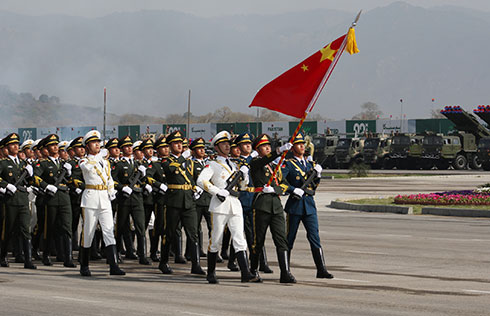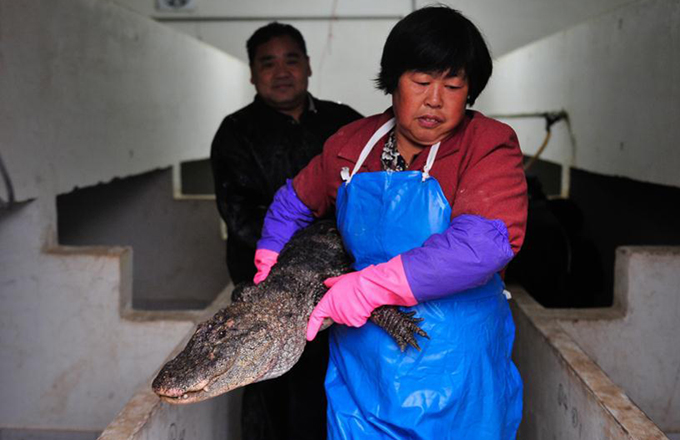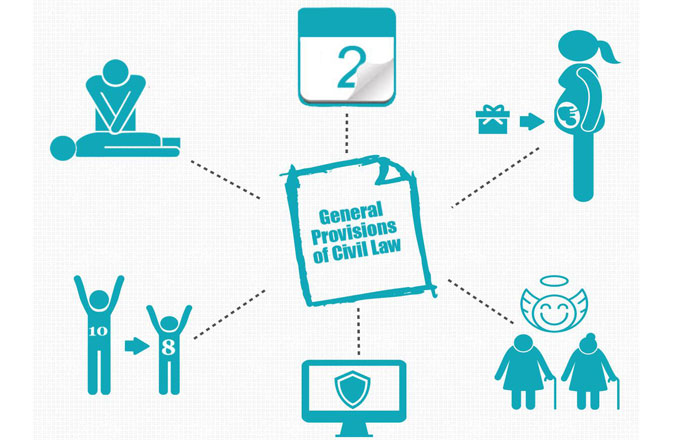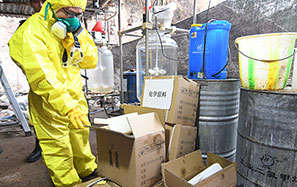General aviation firms offer quake relief help
General aviation service providers have urged authorities to include them in the nation's emergency response system so they can join relief work following the magnitude-7 earthquake that struck Sichuan province on Saturday.
Tens of non-State general aviation firms said they have been awaiting approval for the past five days to join the rescue work.
The term general aviation covers all civilian aviation operations other than scheduled flights, from gliders and powered parachutes to corporate jets.
The government has asked untrained volunteers to stay away from the earthquake zone to ease traffic jams that have blocked rescuers and volunteers from reaching villages and towns where help is needed. General aviation companies believe their helicopters can deliver food and transfer the injured.
But because the general aviation sector is not included in the national emergency response system, nearly all these companies can do nothing but have their aircraft on standby for approval.
Wu Xiaole, deputy manager of Toefl General Aviation Co in Chengdu, said two of the firm's helicopters have been waiting for approval in Chengdu, 80 km away from quake-hit Lushan county since Saturday.
"We were ready within an hour of the earthquake in Sichuan, but the half-hour journey cannot be made without official approval," Wu said.
The military controls the country's airspace, and all general aviation flights must be approved by military and civilian aviation authorities in advance, which is time-consuming.
Beijing Capital Helicopter Co, which operates nine helicopters, is prepared to send one of its AS350s to the quake-hit area. The single-engine six-seater light helicopter can work at high attitude and is suitable for Ya'an, said Xu Lidong, company president. "We have the power but can't do anything now except wait," Xu said.
Only Xilin Fengteng General Aviation Co in Guanghan, Sichuan, was asked by the Guanghan government to deliver medicine to Lushan on Sunday, and became the only private general aviation company to join earthquake relief work, the company's website said.
The Chengdu Military Region had used 37 military helicopters making 102 flights in the quake-hit area by Monday night, media reports said.
Gao Yuanyang, director of the General Aviation Industry Research Center at Beihang University, said the government did not consider including the general aviation sector in the emergency response system in the past, and it also lacked information about general aviation aircraft locations and numbers.Military experts believe it is much easier to use the military fleet in the earthquake zone, while civilian helicopters cannot be brought into the military command system, as this would lead to congested airspace.
Civilian helicopters are also usually smaller than military helicopters, which can carry more materials and passengers. Military helicopters usually install more advanced equipment for rescue efforts.
Ryan McFeaters, general manager of Sikorsky Aircraft China, the US helicopter manufacturer, said some common equipment, such as hoists, searchlights and a specialized search and rescue automatic flight control system, which helps pilots perform rescue missions in challenging environments, are needed in such situations.
"Reliability and all-weather capability are also the most important performance characteristics of the helicopter for search and rescue," he said.
But Gao, from Beihang University, said that the exclusion of the general aviation sector from the emergency response system means the sector's potential has not been well applied.
Wu agreed, saying his pilots know the terrain in Ya'an well and his helicopters are small and flexible compared with military ones.
Wu Jingkui, vice-president of North Asia sales and market development for the Cessna Aircraft Co, believes depending only on military helicopters for rescue and relief work is not the answer.



















